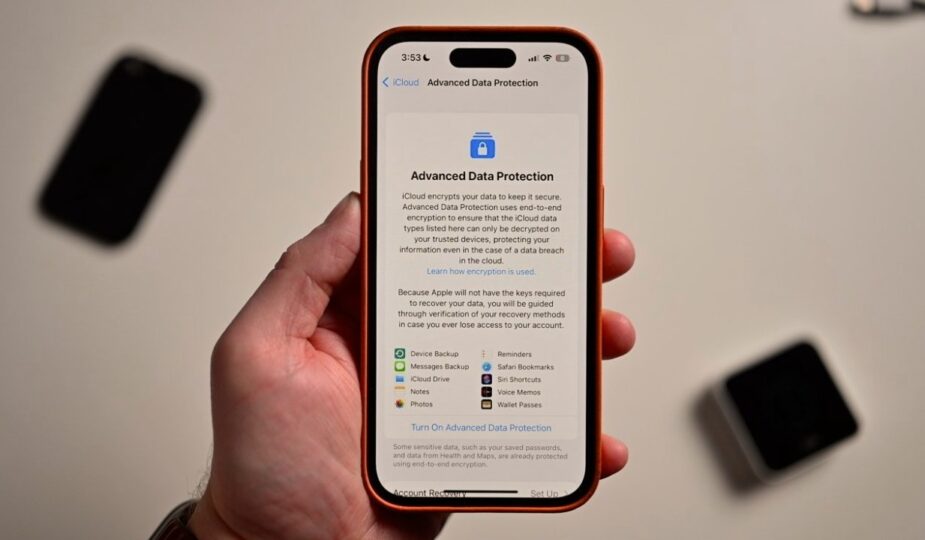Apple Advanced Data Protection
 11 Facebook x.com Reddit
11 Facebook x.com Reddit
Apple apps collect user data by default even if users try to disable them, study says Aalto University, performing this task correctly will be almost impossible.
Apple prides itself on making privacy a core reason for purchasing iPhone and other company products. It has privacy policies, such as App Tracking Transparency, that may limit the amount of data collected by third-party apps installed by users.
However, a study from Aalto University that examined the standard apps and services included with the new iPhone found that Apple's own apps can transfer large amounts of data to Apple. Additionally, it was difficult to prevent this data from being collected in the first place.
The researchers analyzed eight “apps,” including Safari, Siri, iMessage, FaceTime and Find My, as well as settings for family sharing, location services and Touch ID. Publicly available privacy-related information was collected for analysis from technical documentation and privacy policies.
Users “don't know what's going on” due to the design of the user interface, says associate professor Janne Lindqvist.
One example is that users are given the option to turn on Siri. But this option only turns on whether Siri voice control is used, and that Siri still collects data in the background regardless of the user's choice.
Users have to go into settings and make changes there to stop behavior that the tooltip appears to suggest but doesn't actually perform.
Confusing affair
Instructions to restrict access to data were considered “very complex and confusing,” with the steps scattered across various online documents without any clear guidance. The instructions also did not describe all the necessary steps and refused to explain how Apple processed the collected data.
To prove that users were having difficulty, volunteers were surveyed and asked to change settings. None of the participants were able to follow all the instructions to prevent data collection, but they were able to take steps in the right direction.
There have also been complaints that users were not told whether they were able to disable data collection when working with their privacy settings. Participants in the study allegedly sometimes backtracked during the process and sometimes resorted to random scrolling for inspiration.
The Data Collection Mystery
While it’s difficult to stop Apple’s own data collection, researchers also couldn’t find out exactly what Apple did with the collected data in many cases.
Unable to find definitive answers in publicly available documents, Lindqvist suggested that the data would likely be used to train machine learning systems to work with services like Siri or to provide more personalized user experiences.
The professor suggested that the seamless cross-device experience that users are accustomed to makes it difficult for them to return to the days of more limited data sharing with companies. Despite this, Lindquist believes Apple could do better by making it more clear to customers what data is collected and what it is used for.
To avoid data collection from some apps, the report suggests users use third-party apps that have stricter data collection rules on iOS than those enforced by Apple itself. This is something that Apple critics have noticed in the past, and it has led to numerous lawsuits over inequality.
Apple has previously openly admitted that it collects data about its users to use its own services, and has done so for years. However, this is often done by minimizing the amount of data collected and anonymizing it where possible.
Follow AppleInsider on Google News.









